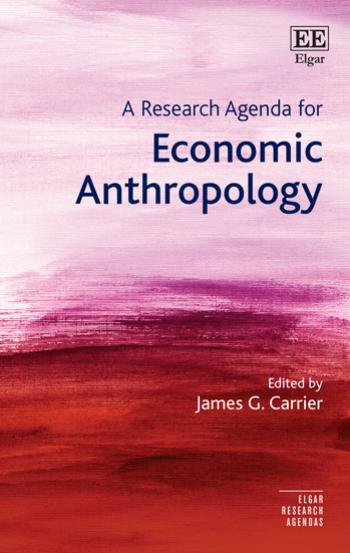
A Research Agenda for Economic Anthropology PDF
176 Pages·2019·2.6413 MB·other
Most books are stored in the elastic cloud where traffic is expensive. For this reason, we have a limit on daily download.
Preview A Research Agenda for Economic Anthropology
Description:
Elgar Research Agendas outline the future of research in a given area. Leading scholars are given the space to explore their subject in provocative ways, and map out the potential directions of travel. They are relevant but also visionary.Since the financial crisis of 2008, the anthropological study of economic activity has profoundly changed. A Research Agenda for Economic Anthropology poses new questions for anthropologists about the post-recession world, interrogating common social and political assumptions and stimulating innovative directions for research in economic anthropology. Employing a broad range of intellectual orientations, this comprehensive book tackles the most pressing developments in economic anthropology. The stimulating and thought-provoking chapters engage with the major features of modern economies, including inequality, debt, financialisation, neoliberalism and the ethics of economic practice, as well as with the effects of social mobilisation and activism. The contributors shed light on previously overlooked topics, reassess familiar subjects that need a fresh approach and share their own predilections concerning the modern economic world.With contributors ranging from senior academics to those early in their career, this work is critical reading for any anthropologist concerned with the economy and economic activity. Those searching for novel questions or for a sense of the direction of the discipline will particularly benefit from this book's broad, inquisitive approach. Economic sociologists and geographers will also gain from the comprehensive coverage of the many facets of modern economies.
See more
The list of books you might like
Most books are stored in the elastic cloud where traffic is expensive. For this reason, we have a limit on daily download.
